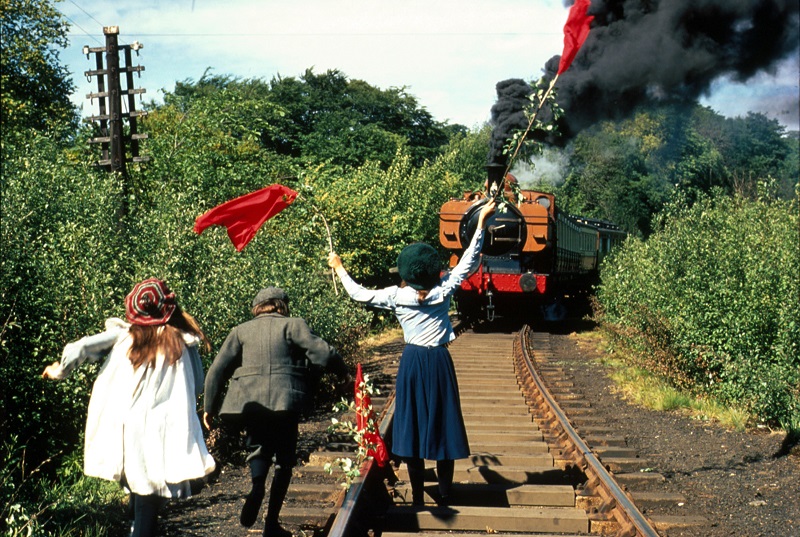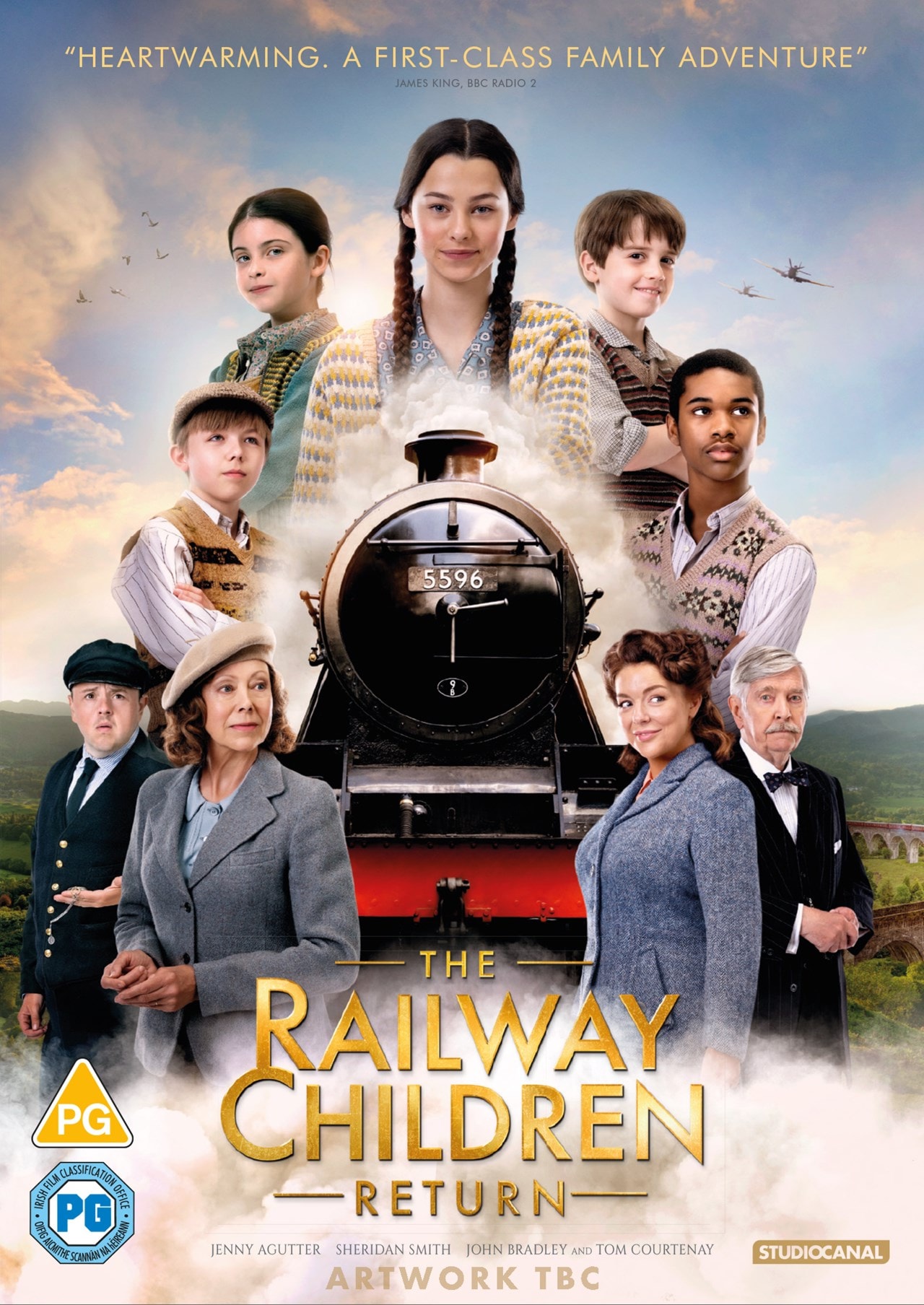
The final station scene in The Railway Children is, in my opinion, the greatest tearjerker of all time! The fact it was my late dad who took me along to see both films makes it all the more poignant and emotional whenever I watch The Railway Children now on television, generally at Christmas or Easter, as the story is essentially about Edwardian kids losing their father (to prison, wrongly accused of spying). Whether viewers will still hold “The Railway Children Return” close to their hearts in 50 years’ time remains to be seen, but no one’s childhood is getting ruined here, either on screen or off.Back then it was a double bill feature with another 1970s classic Swallows & Amazons, also favourite of mine from the era. If the story resolves itself a little too quickly and neatly after touching on more complicated, perilous political realities - complete with concluding title cards detailing assorted characters’ happy endings - that’s because it has a legacy of classic, comforting niceness to honor.


The threat of war never recedes entirely into the background, with the uncertain fate of various children’s fathers hanging anxiously over proceedings, while one scene of an unexpected air strike is genuinely rattling.

Thus does Matthews’ film permit occasional notes of real-world ugliness into otherwise dewy-eyed, apple-cheeked entertainment, attractively shot through a veritably gilded lens by DP Kit Fraser. (Lest the film come over too right-on for Conservative Britain, Brocklehurst’s dialogue sometimes hedges its bets: “Churchill is undoubtedly a great man, but I wish he’d been a bit more supportive of us suffragettes,” Bobbie sighs at one point.) Joined in their hijinks by Bobbie’s naive grandson Thomas (Austin Haynes), the children encounter Abe (Kenneth Aikens), a teenage African-American soldier on the run from a military unit where racial abuse is rife, and agree to secretly shelter him - though there’s scarcely a doubt that Bobbie, a staunch liberal and proud feminist, would support them in their mission. These various winks to older viewers are worked into a simple adventure plot that does eventually take its own track, distinct from the more episodic framework of the original. Part sequel and part remake, “The Railway Children Return” abounds in such affectionate callbacks to its source, from recontextualized narrative details (once again, the children flag down a train with handmade signals) to regenerated characters like John Bradley’s friendly stationmaster. As local families step forward to shelter the children of their choosing, Lily, Pattie and Ted’s rescuer turns out to be none other than the grown-up Bobbie, played with twinkly benevolence by a returning Agutter, still living in the handsome farmhouse that her family settled in all those years ago. The original’s family dynamics are neatly mirrored in the new film’s appealing trio of siblings, with enterprising, tomboyish teen Lily (Beau Gadsdon, previously seen in “Rogue One” and “The Crown”) assuming responsibility for rebellious Pattie (Eden Hamilton) and sensitive baby brother Ted (Zac Cudby) when they arrive in the peaceful West Yorkshire village of Oakworth - where “The Railway Children” first unfolded - with a garrulous gaggle of fellow waifs.

The film wastes no time establishing these emotional stakes, opening on a suitably wrenching scene of tearful parent-child farewells at a Manchester train station, and making an early attack on viewers’ tear ducts. Here, the youngsters in question are among the legions of child evacuees transported from their urban homes to relative rural safety from WWII aerial bombings. In “The Railway Children,” the three Waterbury siblings - led by headstrong Bobbie, played by the then-teenaged Jenny Agutter - were plunged into relative poverty and moved from London following the arrest of their upper-class father. The shift is a canny one, however, with the Second World War milieu giving the filmmakers an obvious reason to essentially recycle the first film’s premise of city kids adapting and exploring when relocated to the Yorkshire countryside.


 0 kommentar(er)
0 kommentar(er)
